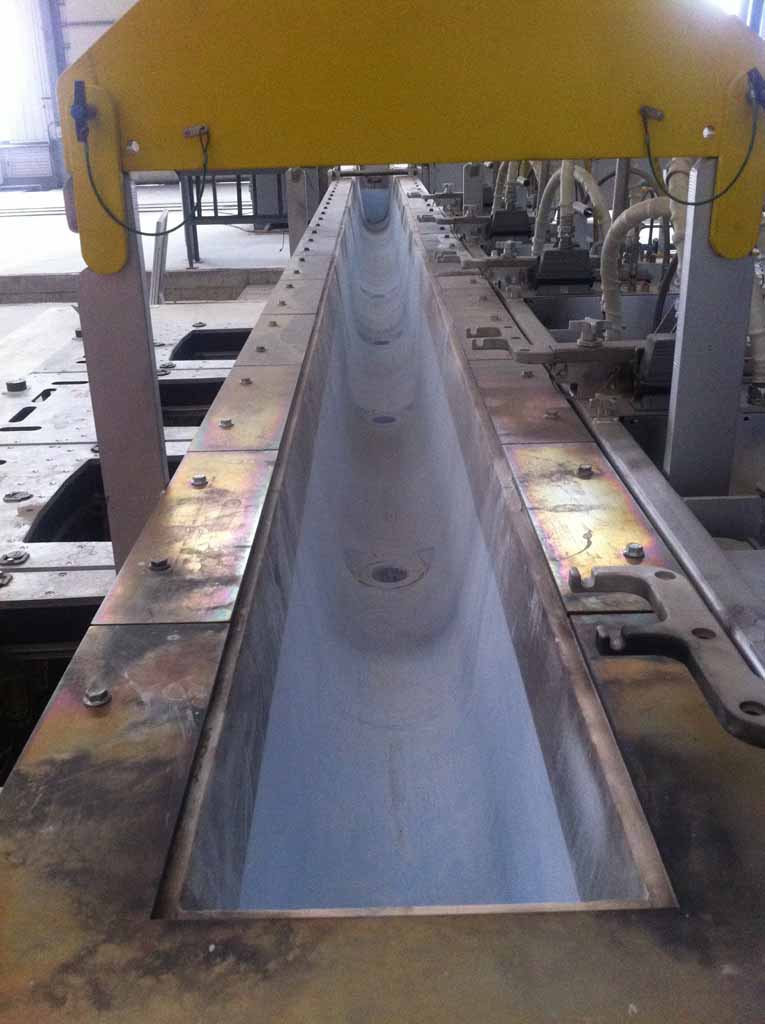
11 3月 Casting Flow Trough
Casting Flow Trough is installed between the furnace and the casting machine. It has dual functions: conveying and heat preservation. It is mainly used for the transportation of aluminum liquid between aluminum alloy precision casting furnaces, purification furnaces, casting platforms, degassing outside the furnace and filtering for aviation and transportation.
Casting Flow Trough adopts the advanced production process of integral molding runner lining: greatly improve the erosion resistance and erosion resistance of runner lining. Effectively prolong the service life of the runner lining. Used with our company’s boron nitride coating, the effect of non-sticking aluminum is excellent.
Advantages of Casting Flow Trough
1. The overall flow trough has good heat preservation performance, reasonable design and prolonged service life.
2. The integral runner is integrally formed with noble molten material, with high dimensional accuracy.
3. The lining of the integral runner has high strength, erosion resistance, heat shock resistance, and a smooth surface.
4. The overall launder lining has strong corrosion resistance to aluminum, zinc, and magnesium alloys, which enhances molten metal transfer. 5. The use effect of the equipment and the service life of special alloys.
6. The temperature drop of the liquid metal during the use of the overall flow trough is within 2°C per meter, which is resistant to erosion, heat shock, and has a smooth surface.
Instructions for Casting Flow Trough
1. Corresponding to the drawing structure, install the movable runner to ensure that the movable runner is clean, free from damage and seamless.
2. Uniform preheating of the installed standard movable launder, heating at a constant speed for 1-2 hours, check that the surface of the lining is red, that is, within 800℃, to remove the adsorbed crystal water, close to the casting temperature, and use it safely and efficiently.
3. The movable trough has no electric heating and baking conditions, so it has to be baked with flame. One of the key is to control the flame temperature, and the other is to avoid direct burning of the flame, and to avoid thermal stress caused by local heating to cause the lining to burst. The flame is divided into weak flame (red soft flame), medium flame (yellow), strong flame (blue and white).



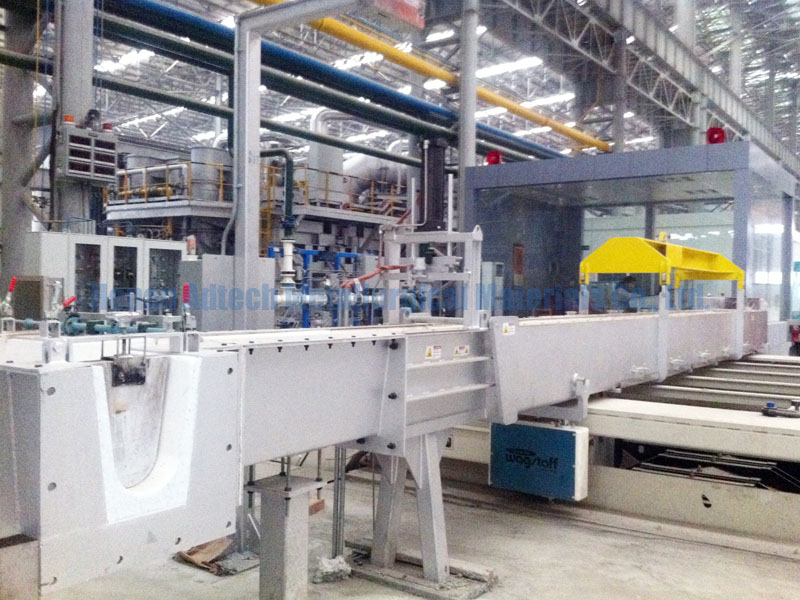
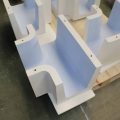
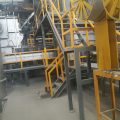
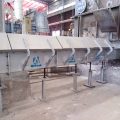
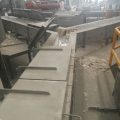

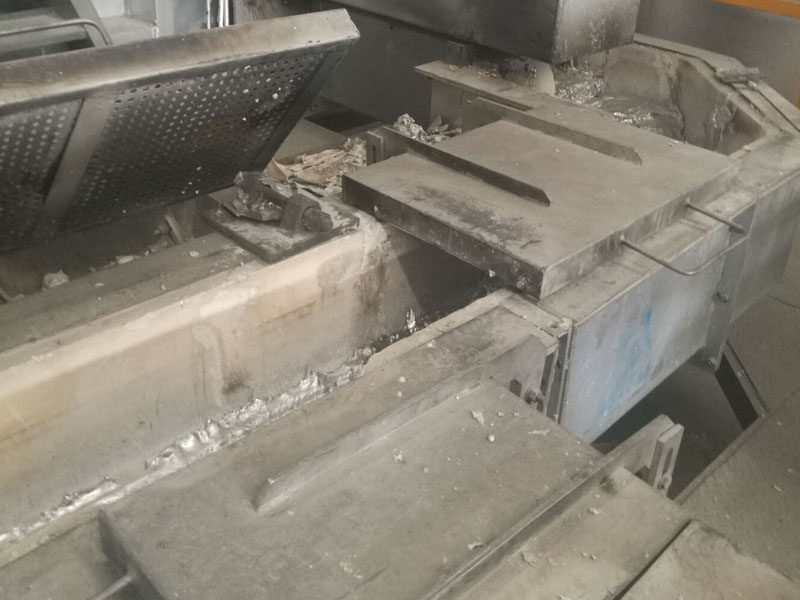
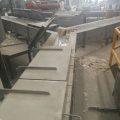
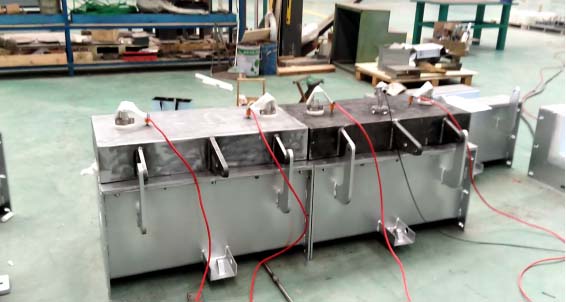
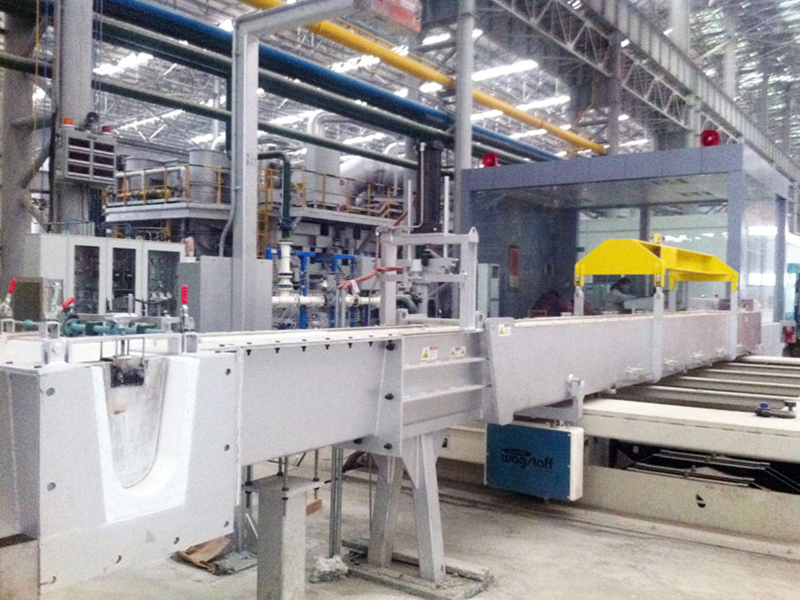
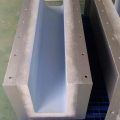
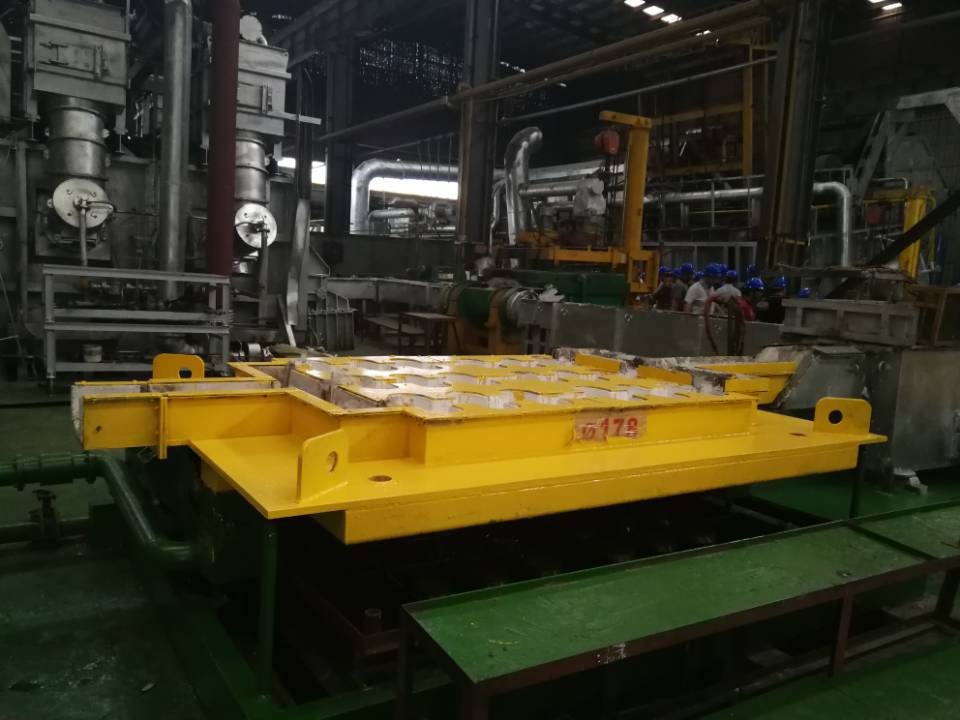
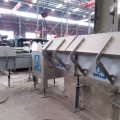
No Comments